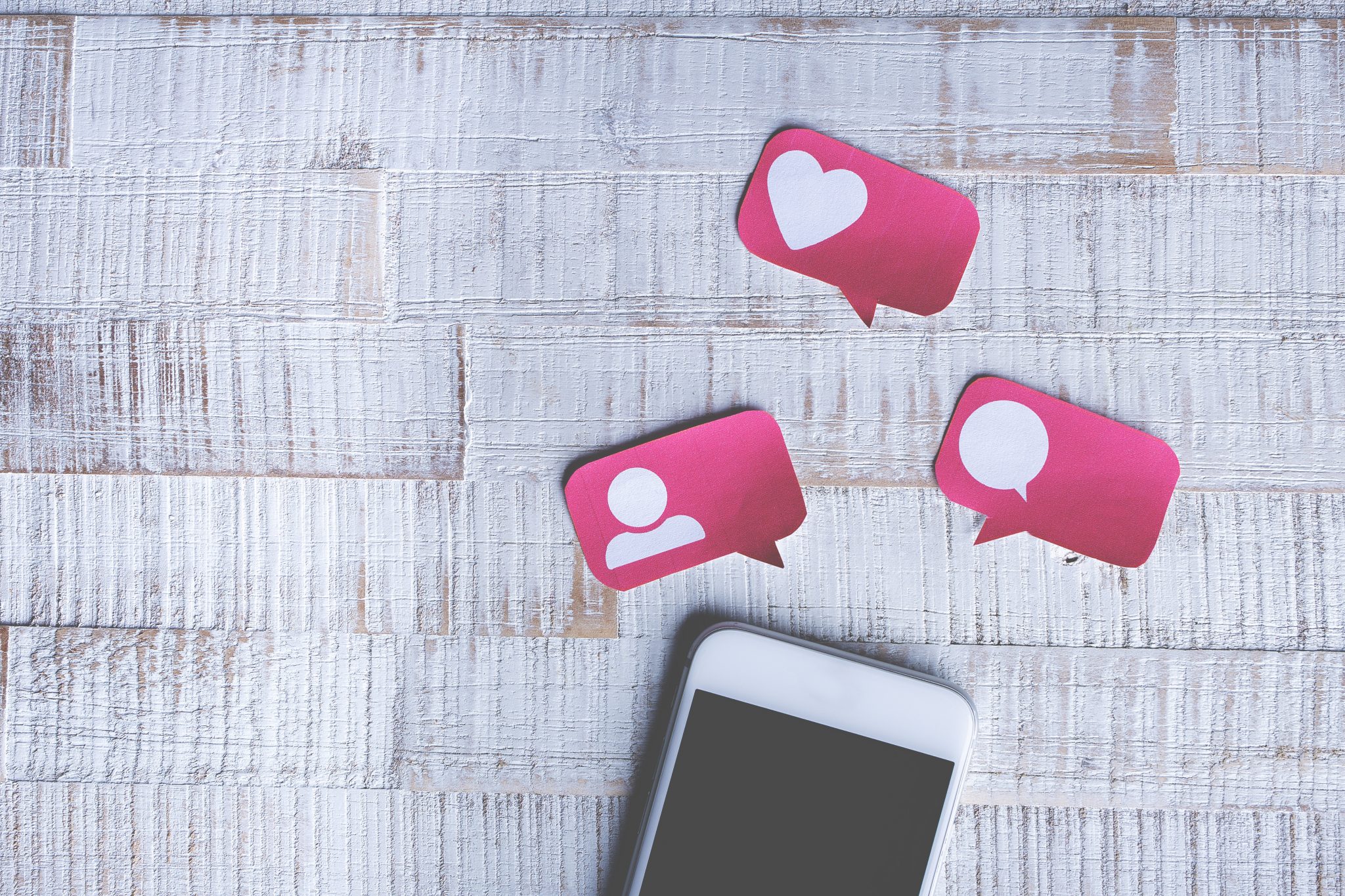“Be Kind”. Two small words with a huge message – one which will surely become Caroline Flack’s most powerful legacy.
Following the 40-year-old TV presenter’s sudden and tragic death last month, in February alone there were over 53,000 mentions of the phrase “Be Kind” on Twitter in the UK. The phrase, which talks to the mass volume of social media trolls that so many users have experienced at one point or another, has quickly become synonymous with the negative mental health effects that social media platforms – and trolling in particular – can cause.
Trolling is defined as “creating discord on the Internet by starting quarrels or upsetting people by posting inflammatory or off-topic messages in an online community” and indeed, many social media users have admitted to receiving negative and nasty comments since joining at least one platform. It’s a topic which just isn’t going away – just last week popstar Billie Eilish announced she’s quit social media because of vicious trolling, and Pope Francis called on users to “give up trolling for Lent”, highlighting the prominence and severity of the issue.
Rightly so, the spotlight has turned to the social media platforms themselves to focus on how they are addressing the potentially harmful effects of social media. Whilst it’s crucial that they address the urgent and pressing trolling issue, they MUST also address the insidious effects that other (more seemingly innocent) features have.
The newer platforms seem far more au fait with the problems and are making good – and necessary – progress to resolve them. In the past few weeks Snapchat have announced new search tool “Here For You” that will surface “safety resources” from mental health experts when users search for sensitive topics like depression, bullying or suicide. This is a welcomed move, given the platform has one of the youngest audiences of any social media platform, reaching 90% of 13-24 year olds.
Up and coming newbie TikTok has also recently introduced a Family Safety Mode, which links a parent’s TikTok account to their teenager’s. Once enabled, parents will be able to control “Digital Wellbeing” features, including screen management, setting up a “restricted” mode and the ability for parents to manage (or completely turn off) direct messages.
The longer standing platforms have also been trying to find new solutions to the issue. Last July, Instagram rolled out a new mode called “Restrict” , allowing users to limit the exposure of certain users when they comment on their posts. Instagram have also been widely testing hiding photo likes, in a bid to remove pressure from users who often judge their worth based on the level of engagement/social validation which they receive. On World Mental Health Day last year, power platform Facebook unveiled new messenger tools to help facilitate difficult conversations concerning mental health, such as camera filter “Let’s Talk” and a selection of new mental health stickers.
Although implementing such tools is certainly a step in the right direction, it’s clear that there is still some way to go to tackle the issues – but little agreement in which direction. Many users are calling for passport corroboration to ensure that people can only set up one legitimate account, removing the potential for fake accounts. This proposed solution is growing in popularity, with many claiming that trolling offences would have that user banned from the platform for life, unable to set up a new account. However, it’s a complex issue that such a simple solution does not solve. Whilst social media is undoubtedly now too powerful to allow anonymity, by requiring document verification, this will isolate the millions of users around the world who do not own a passport.
Fixing the trolling problem shouldn’t hinder accessibility – but there’s no doubt it does need to be fixed. The platforms must adapt to ensure all users feel safe to express whatever they want, without the fear of criticism, negative comments, or full-blown cyberbullying. Here’s hoping that #BeKind isn’t a hashtag that needs to stick around for much longer.


